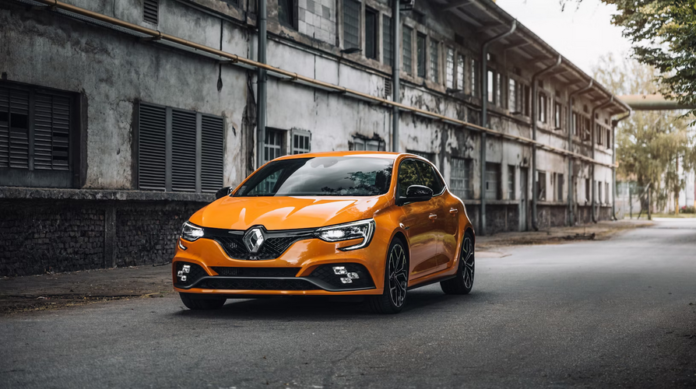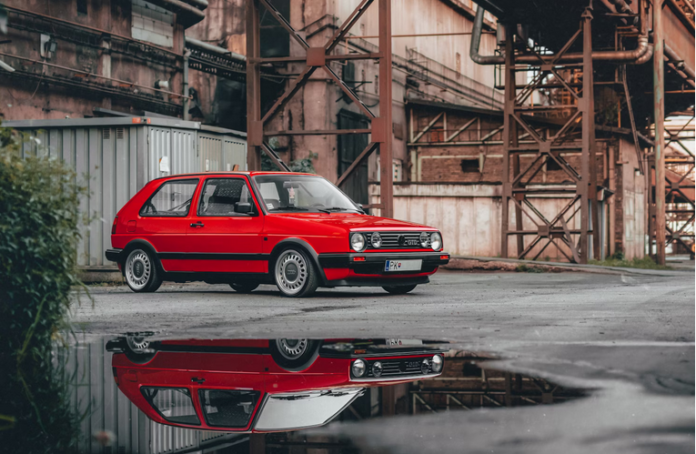In the automotive industry, customization has become a significant trend, allowing car owners to personalize their vehicles according to their preferences and lifestyles. From exterior paint colors and interior materials to advanced technology features and performance upgrades, customization options offer a unique and tailored driving experience. This trend is driven by consumer demand for individuality, style, and functionality, leading automakers to innovate and offer a wide range of customization choices.
One of the most noticeable aspects of customization in car design is exterior styling. Car buyers can choose from a plethora of paint colors, finishes, and graphics to make their vehicles stand out on the road. Metallic, pearl, matte, and custom colors are available, allowing for a range of expressions from classic elegance to bold statements. Custom decals, stripes, and accents further enhance the visual appeal and reflect the owner’s personality and taste.
Interior customization options have also expanded significantly, offering a blend of luxury, comfort, and technology. Premium materials such as leather, suede, wood, carbon fiber, and aluminum are available for seats, dashboard trims, and door panels. Custom stitching, embroidery, and personalized monograms add a touch of exclusivity and craftsmanship. Advanced infotainment systems, ambient lighting, and ergonomic controls cater to modern lifestyles and preferences.
Furthermore, technology plays a crucial role in customization trends, with a focus on connectivity, convenience, and entertainment. Car owners can opt for features like smartphone integration, wireless charging pads, voice-activated controls, and digital instrument clusters. Advanced driver-assistance systems (ADAS), such as adaptive cruise control, parking assist, and collision avoidance, enhance safety and ease of driving. Customizable driving modes allow for a tailored driving experience, from eco-friendly commuting to dynamic performance on the track.
Performance customization has also gained popularity among enthusiasts and sports car aficionados. Performance upgrades such as upgraded engines, exhaust systems, suspension tuning, and brake enhancements can be tailored to individual preferences and driving styles. Vehicle tuning software allows for fine-tuning engine parameters, throttle response, and handling characteristics, providing a personalized driving experience optimized for performance and enjoyment.
In addition to factory customization options, aftermarket customization has flourished, offering a wide range of accessories, modifications, and enhancements. From aftermarket wheels and body kits to performance upgrades and audio systems, car enthusiasts have endless possibilities to transform and personalize their vehicles according to their vision and preferences. Customization shops and tuning specialists cater to niche markets and provide bespoke solutions for discerning customers.
Moreover, customization extends beyond aesthetics and performance to lifestyle and functionality. Car owners can choose from a variety of practical accessories such as roof racks, cargo organizers, bike mounts, and towing packages to suit their outdoor activities and hobbies. Interior amenities like heated seats, panoramic sunroofs, and multi-zone climate control enhance comfort and convenience for passengers.
The rise of electric vehicles (EVs) has also influenced customization trends, with a focus on sustainability, efficiency, and innovation. EV owners can customize charging solutions, battery management systems, and energy-saving features to optimize range and performance. Eco-friendly materials, recyclable components, and energy-efficient technologies contribute to a greener and more sustainable driving experience.
Furthermore, customization trends reflect cultural influences, regional preferences, and market trends. Luxury car manufacturers offer bespoke programs and customization services tailored to different regions and customer segments. Cultural motifs, heritage-inspired designs, and local craftsmanship are integrated into customized interiors and exteriors, adding cultural significance and storytelling to automotive design.
However, while customization offers exciting possibilities and creative freedom, it also raises challenges and considerations. Quality control, safety compliance, warranty implications, and resale value are critical factors to consider when customizing vehicles. Manufacturers and customization specialists must ensure that customized features meet regulatory standards, maintain vehicle integrity, and uphold brand reputation.
In conclusion, customization trends in car design are shaping the future of automotive personalization, allowing car owners to express their individuality, lifestyle, and preferences. From exterior styling and interior luxury to advanced technology and performance enhancements, customization options offer a diverse and dynamic range of choices. Embracing customization trends requires collaboration, innovation, and a deep understanding of customer needs and aspirations, driving the evolution of automotive design and the personalization of the driving experience.








